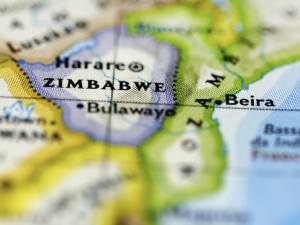Zimbabwe's telco regulator eases fees pressure on operators
Zimbabwe's telco regulator eases fees pressure on operators

Gift Machengete, Director-General of Zimbabwe's telecommunication regulating authority (Potraz) has confirmed the organisation's decision to allow operators to pay their licence fees in instalments due to the impact of the ongoing liquidity crunch.
This follows consultation with all industry stakeholders, he added, including government officials.
Machengete said the law empowers the regulator to inspect the finances of operators and evaluate whether or not they are in a position to pay upfront. "After checking their financial status, we negotiate how much they can pay in instalments."
While the government has criticised Potraz for not ensuring operators pay the required licence fees, Machengete said fees continue to represent a challenge and the situation has forced the regulator to engage with government and negotiate payment terms on behalf of the operators.
The liquidity crisis has seen declining voice call revenue compounded by the prevalence of Over-the-Top services like WhatsApp, according to the industry regulatory body.
Zimbabwe has three mobile companies, two of which (Telecel and NetOne) are state-controlled, as is the country's single fixed phone operator TelOne.
Econet Wireless is the third mobile operator. Of the three mobile operators, only Econet Wireless has paid the full US$137,5 million fee. Econet has always argued that this is an example of uneven playing ground created by the regulator.
The Zimbabwe's second largest mobile telecoms company, NetOne has paid US$4 million towards settling its license fee and has negotiated a payment plan for the balance.
NetOne's acting CEO, Brian Mutandiro said that telecommunication operators have pinned their hopes on broadband to generate more revenue.
In addition to the US$137.5 million license renewal fees, mobile operators also have to pay an 'annual license fee' by contributing 2% of their audited annual gross turnover to the state.
"All the three mobile operators - Econet, Telecel and NetOne are expected to contribute 0.5% of their gross turnover to the country's 'Universal Services Fund', which is used to extend services to rural and other underserved areas," Machengete said.
"They will also pay frequency spectrum fees in accordance with their different requirements."
